Reef tanks are a stunning addition to any home, offering a glimpse into the vibrant and complex ecosystems found in the ocean. Maintaining a healthy and thriving reef tank requires careful attention to the needs of its inhabitants, both large and small. Among the many crucial components of a balanced reef tank ecosystem are copepods. This article explores the essential role of copepods in reef tanks, detailing their benefits, how to introduce and maintain them, and why they are indispensable for a thriving marine environment.
Understanding Copepods
Copepods are small, often microscopic crustaceans that inhabit almost every aquatic environment, from freshwater ponds to the deepest oceans. In reef tanks, copepods are vital for several reasons, acting as a primary food source for many marine species and contributing to the overall health and stability of the ecosystem.
Types of Copepods in Reef Tanks
Several copepods are commonly found in reef tanks, each serving different roles and offering unique benefits:
- Calanoids: These copepods are often found in the water column and are excellent for feeding open-water fish.
- Cyclopoids: Versatile and found both in the water column and near the substrate, suitable for various fish species.
- Harpacticoids: Primarily benthic, these copepods are plentiful for bottom-dwelling fish and invertebrates.
Benefits of Copepods for Reef Tanks
Natural Food Source
One of the primary benefits of copepods for reef tanks is their role as a natural food source. Many marine species, including fish and invertebrates, rely on copepods as a crucial part of their diet. Copepods are rich in essential nutrients, providing proteins, lipids, and fatty acids vital for these animals' growth and development.
Enhancing Fish Health
Copepods are an excellent source of nutrition, which is critical for sustaining the health and vigor of fish in reef tanks. The high nutritional content of copepods, particularly their rich supply of essential fatty acids like omega-3 and omega-6, helps boost fish's immune systems, making them more resilient to diseases and infections.
Promoting Natural Behavior
Feeding on live prey such as copepods stimulates natural foraging and hunting behaviors in fish. This keeps them mentally engaged and reduces stress and aggression, leading to healthier and more active fish.
Algae Control
Copepods contribute significantly to algae control in reef tanks. They feed on various types of algae, including phytoplankton, which helps to prevent algal blooms and maintain clear water. This natural method of algae control reduces the need for chemical treatments, promoting a healthier and more stable environment for all tank inhabitants.
Waste Management
Copepods play a pivotal role in decomposing and recycling organic matter in reef tanks. By feeding on detritus and other waste materials, copepods help to break down and recycle nutrients, contributing to better water quality and reducing the buildup of harmful substances.
How to Introduce and Maintain Copepods in Reef Tanks
Successfully introducing and maintaining copepods in a reef tank requires thoughtful preparation and consistent upkeep to ensure a thriving population.
Preparing the Tank
Before introducing copepods, ensuring that the reef tank environment is conducive to their survival and reproduction is essential. This includes maintaining stable water parameters, such as temperature, pH, and salinity, and providing adequate hiding places and substrates for copepods to thrive.
Introducing Copepods
Copepods can be introduced to the reef tank through various methods, including purchasing live cultures or seeding the tank with copepods from an established source. It is essential to acclimate the copepods gradually to the tank’s conditions to minimize stress and improve survival rates.
Sustaining Copepod Populations
Once introduced, maintaining a healthy population of copepods requires regular feeding and monitoring. Copepods thrive on a diet of phytoplankton and detritus, so providing a consistent food source is essential. Additionally, refugiums can help sustain and protect copepod populations by offering a safe space for reproduction away from predators.
Tips for Success
To maximize the benefits of copepods for reef tanks, consider the following tips:
- Create a Suitable Habitat: Provide plenty of hiding places and substrates, such as live rock and macroalgae, to support copepod populations. These structures offer shelter and breeding grounds, helping to sustain a thriving community.
- Monitor Water Quality: Regularly test and maintain water parameters to ensure optimal conditions for copepods and other tank inhabitants. This includes monitoring temperature, pH, salinity, and nutrient levels to prevent imbalances that could harm the ecosystem.
- Use a Refugium: A refugium is a separate tank section designed to protect copepods and other beneficial organisms from predation. A refugium can help maintain a steady supply of copepods for the main tank by providing a safe space for copepods to breed and grow.
- Supplement with Phytoplankton: Feeding copepods with phytoplankton ensures they have a consistent food source, supporting their growth and reproduction. Regular supplementation can help to maintain a healthy and thriving copepod population.
- Avoid Over-Predation: While many fish and invertebrates feed on copepods, managing predation levels is essential to prevent depletion of copepod populations. Providing alternative food sources and refugiums can help balance predation and sustain copepod numbers.
Conclusion
The benefits of copepods for reef tanks are numerous and essential for maintaining a healthy and vibrant marine ecosystem. From providing a natural food source and enhancing fish health to controlling algae and managing waste, copepods play a significant role in the overall well-being of reef tanks. By understanding their importance and implementing strategies to introduce and sustain copepod populations, aquarium enthusiasts can create a thriving and balanced environment for their marine life. Whether you are just starting with reef tanks or have years of experience, leveraging the advantages of copepods can result in a more dynamic and prosperous aquarium experience.
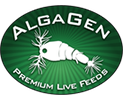
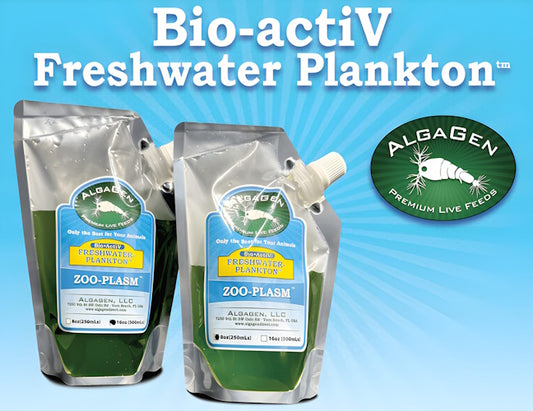
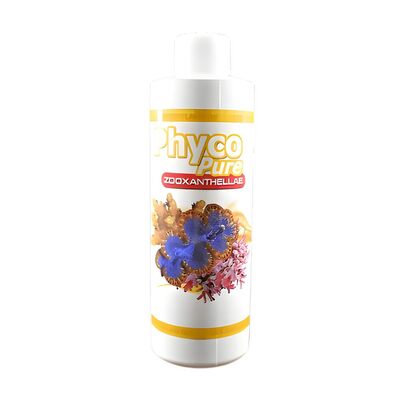
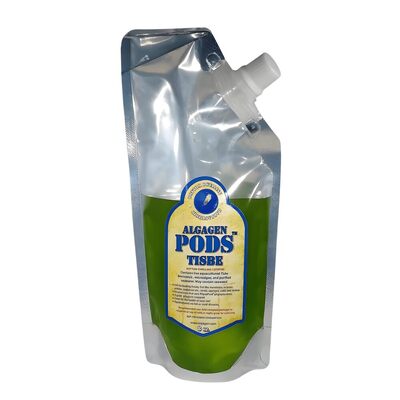
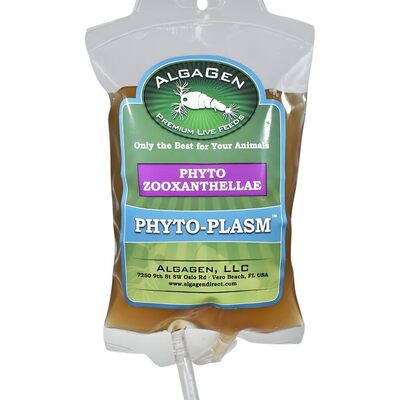
Recent post